Everything we learned from the 3rd Jan. 6 hearing
'Get a great effing criminal defense lawyer. You're gonna need it.'

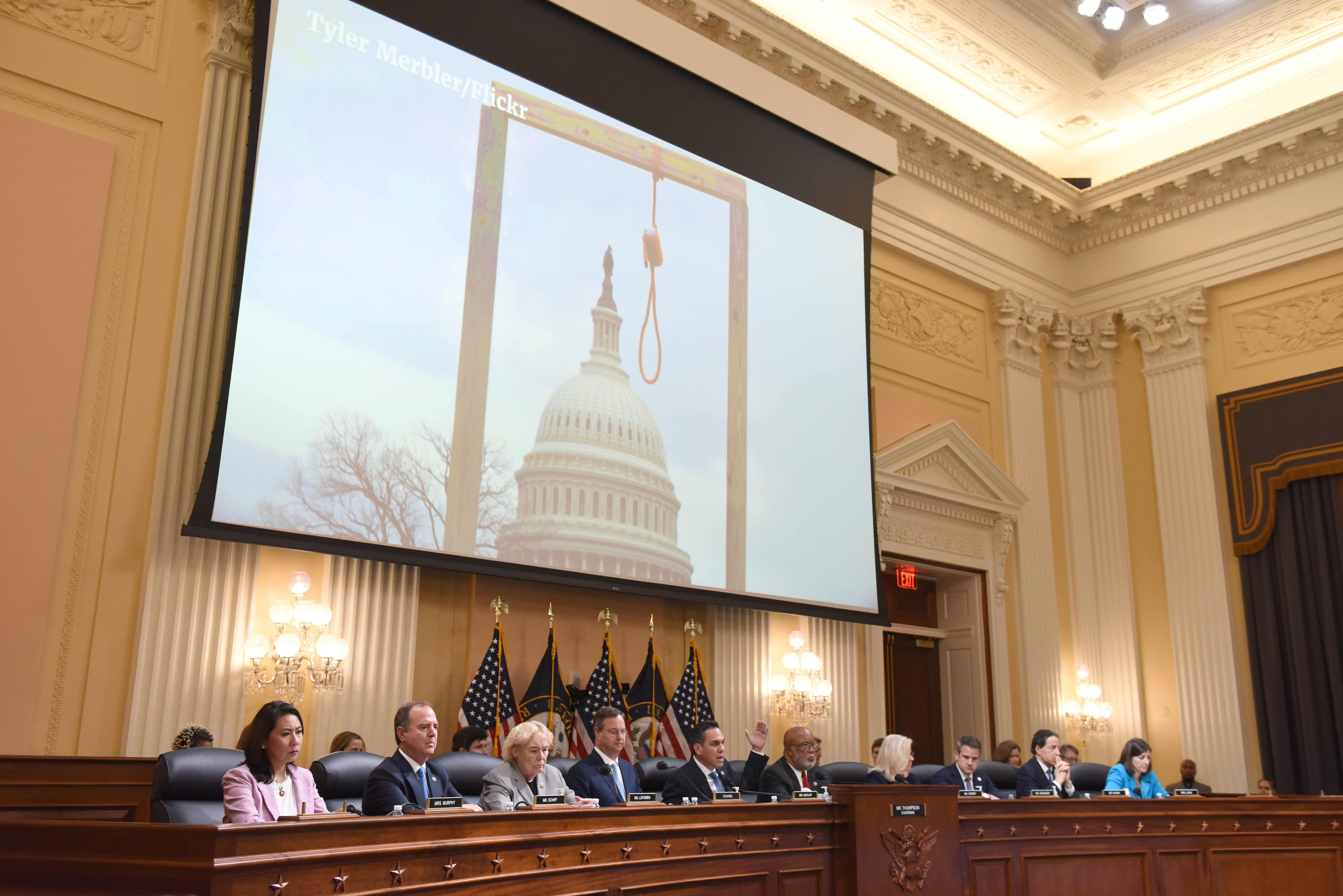
A free daily email with the biggest news stories of the day – and the best features from TheWeek.com
You are now subscribed
Your newsletter sign-up was successful
On Thursday, the House select committee investigating the Jan. 6 Capitol attack held its third public hearing, this time focusing on attempts by former President Donald Trump and his allies to pressure former Vice President Mike Pence into overturning the 2020 presidential election results. Here's everything you need to know:
What were the major takeaways from Thursday's hearing?
John Eastman, a Trump lawyer, was a main topic of discussion throughout the hearing. Before the Jan. 6 Capitol attack, Eastman pushed a false theory that, according to the 12th Amendment, Pence as vice president was legally able to reject or replace state electors or name the winner of an election. Pence advisors testified that this legal argument had no legs, and at certain points, Eastman seemed to agree; Greg Jacob, Pence's former counsel, told the committee on Thursday that Eastman said during one conversation, "Al Gore did not have a basis to do it in 2000, Kamala Harris shouldn't be able to do it in 2024, but I think you should be able to do it today."
Jacob also said Eastman "acknowledged" that his plan was in violation of the Electoral Count Act, but it didn't matter to Eastman because he thought the law was unconstitutional, and that his argument would "lose 9-0 in the Supreme Court." Later in the hearing, it was revealed that in the wake of the Capitol attack, Eastman sent an email to another attorney for Trump, former New York City Mayor Rudy Giuliani, writing, "I've decided that I should be on the pardon list, if that is still in the works." He did not end up being one of the people Trump pardoned before leaving office.
The Week
Escape your echo chamber. Get the facts behind the news, plus analysis from multiple perspectives.

Sign up for The Week's Free Newsletters
From our morning news briefing to a weekly Good News Newsletter, get the best of The Week delivered directly to your inbox.
From our morning news briefing to a weekly Good News Newsletter, get the best of The Week delivered directly to your inbox.
It was also revealed that at one point while Pence was sheltering at the Capitol on Jan. 6, rioters were within 40 feet of him. The committee released photos taken of Pence and his family in an undisclosed location at the Capitol, and in one, Pence is seen reading a tweet Trump sent during the attack. Jacob testified that Pence remained in place because he "did not want to take any chance that the world would see the vice president of the United States fleeing the United States Capitol."
What was Pence's reaction to the pressure campaign?
The committee played clips from its interview with Marc Short, Pence's former chief of staff, who said Pence told Trump "many times" that it was "illegal" for him to reject electoral votes. Several witnesses testified to the committee that after weeks of trying to get Pence to bend, Trump resorted to name-calling on Jan. 6. Trump's daughter, Ivanka Trump, shared with the committee that her father had a "pretty heated" phone conversation with Pence late that morning, using a "different tone" than normal. Trump aide Nick Luna testified he recalled "hearing the word 'wimp,'" while Julie Radford, Ivanka Trump's chief of staff, testified Trump "used the P-word.'" Later, while speaking to supporters at the "Stop the Steal" rally that occurred immediately before the Capitol attack, Trump went off-script, adding pointed references to Pence.
Did Eastman drop his efforts to overturn the election after the Capitol riot?
No. Jacob testified that on the night of Jan. 6, Eastman sent him an email imploring him to get Pence to "please do what we've been asking him to do these last two days. Suspend the joint session, send it back to the states." Jacob told the committee that several days later, he told Pence about the email — a copy of which was provided to the panel — and the then-vice president called it "rubber room stuff. I understood it to mean that after having seen play out what happens when you convince people that there is a decision to be made in the Capitol legitimately about who is to be the president and the consequences of that, that he was still pushing us to do what he had been asking us to do for the previous two days, that that was certifiably crazy."
The committee also played video of an earlier interview it conducted with Eric Herschmann, a White House lawyer, who said Eastman called him after the Capitol attack and started talking about the election results in Georgia and future court proceedings. "I said to him, 'Are you out of your effing mind?' Herschmann told the committee. "I said, I only want to hear two words coming out of your mouth from now on: 'Orderly transition.' I don't want to hear any words coming out of your mouth, no matter what, other than 'orderly transition.' Repeat those words to me." Herschmann also said he told Eastman, "I'm going to give you the best free legal advice you're ever going to get in your life: Get a great effing criminal defense lawyer. You're gonna need it." He then hung up on him.
A free daily email with the biggest news stories of the day – and the best features from TheWeek.com
Who were the witnesses that testified during Thursday's hearing?
In addition to Jacob, retired federal judge J. Michael Luttig testified. A well-respected member of the conservative legal community, Luttig was an advisor to Pence after the 2020 election, and he told the committee that "there was no support whatsoever in either the Constitution of the United States, nor the laws of the United States, for the vice president, frankly, ever to count alternative electoral slates from the states that had not been officially certified."
If Pence had given into the pressure from Trump, it would have resulted in "the first constitutional crisis since the founding of the republic," Luttig said. "The declaration of Donald Trump as the next president would have plunged America into what I believe would have been tantamount to a revolution within a constitutional crisis in America." In fact, Luttig added, he would have "laid my body across the road" before letting Pence overturn the results of the election based on Eastman's faulty legal theory.
Did Luttig say anything about future elections?
Yes. Luttig told the committee he is worried that the effort to overturn the 2020 election was just the beginning, and "former President Trump and his allies are executing the blueprint for 2024 in open and plain view of the public." Trump continues to push his baseless claims that the 2020 election was stolen, and Luttig said he's concerned those allegations may "succeed in 2024 where they failed in 2020. I don't speak those words lightly."
When is the next Jan. 6 hearing?
The next public hearing is set for Tuesday, June 21, at 1 p.m. ET.
Catherine Garcia has worked as a senior writer at The Week since 2014. Her writing and reporting have appeared in Entertainment Weekly, The New York Times, Wirecutter, NBC News and "The Book of Jezebel," among others. She's a graduate of the University of Redlands and the Columbia University Graduate School of Journalism.
-
 ‘Poor time management isn’t just an inconvenience’
‘Poor time management isn’t just an inconvenience’Instant Opinion Opinion, comment and editorials of the day
-
 Bad Bunny’s Super Bowl: A win for unity
Bad Bunny’s Super Bowl: A win for unityFeature The global superstar's halftime show was a celebration for everyone to enjoy
-
 Book reviews: ‘Bonfire of the Murdochs’ and ‘The Typewriter and the Guillotine’
Book reviews: ‘Bonfire of the Murdochs’ and ‘The Typewriter and the Guillotine’Feature New insights into the Murdoch family’s turmoil and a renowned journalist’s time in pre-World War II Paris
-
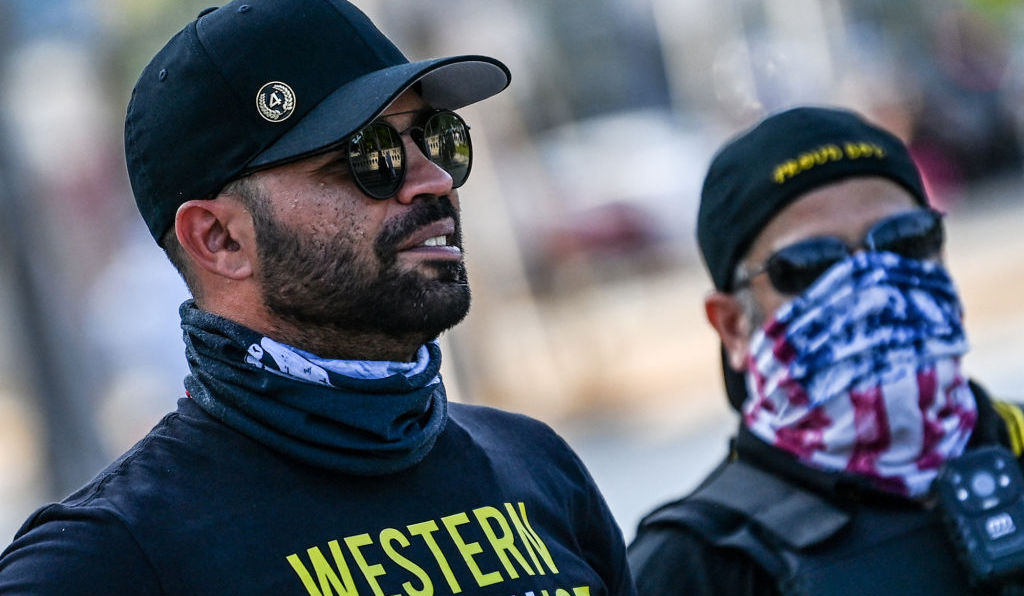 How Proud Boys leader Enrique Tarrio's 22-year sentence compares to other Jan. 6 punishments
How Proud Boys leader Enrique Tarrio's 22-year sentence compares to other Jan. 6 punishmentsSpeed Read
-
 Is the Comstock Act back from the dead?
Is the Comstock Act back from the dead?Speed Read How a 19th-century law may end access to the abortion pill
-
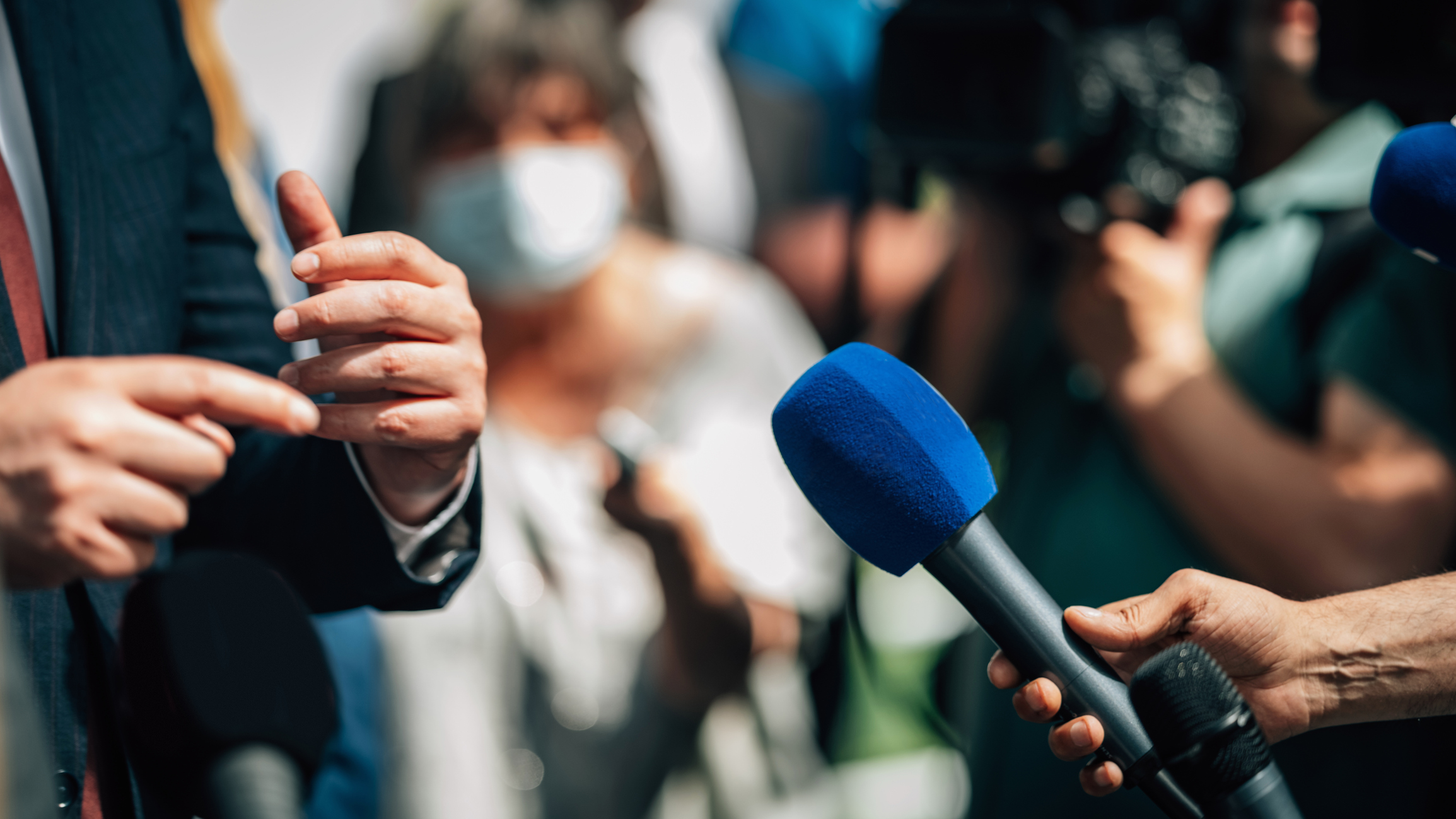 Targeting the press
Targeting the pressSpeed Read Some public officials want to roll back long-standing legal protections for journalists. Might they succeed?
-
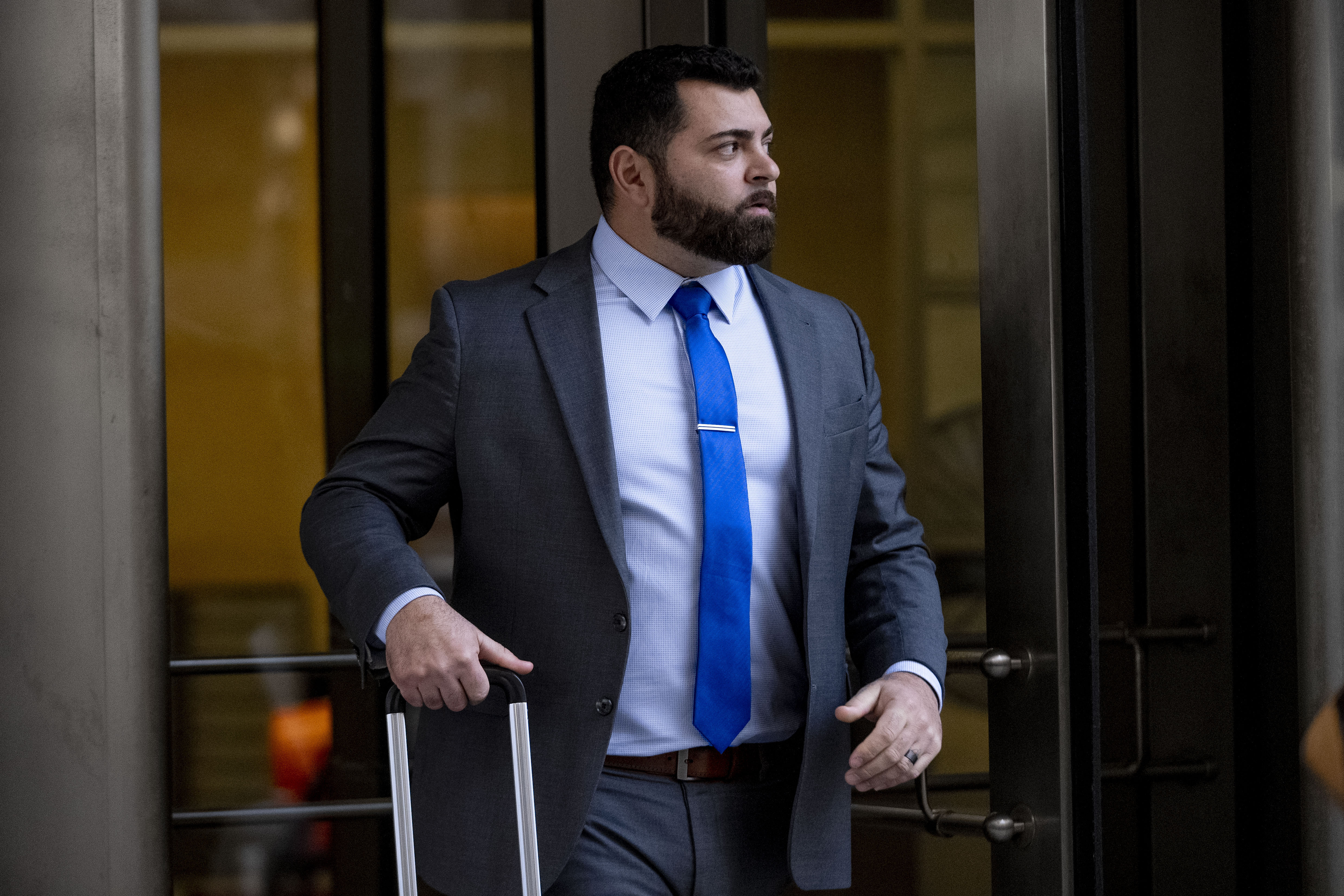 4 Oath Keepers found guilty of seditious conspiracy
4 Oath Keepers found guilty of seditious conspiracySpeed Read
-
 The dangers faced by LGBTQ people in the Middle East
The dangers faced by LGBTQ people in the Middle EastSpeed Read Why do so many Middle Eastern countries have anti-LGBTQ laws, and what can be done to make a change?
-
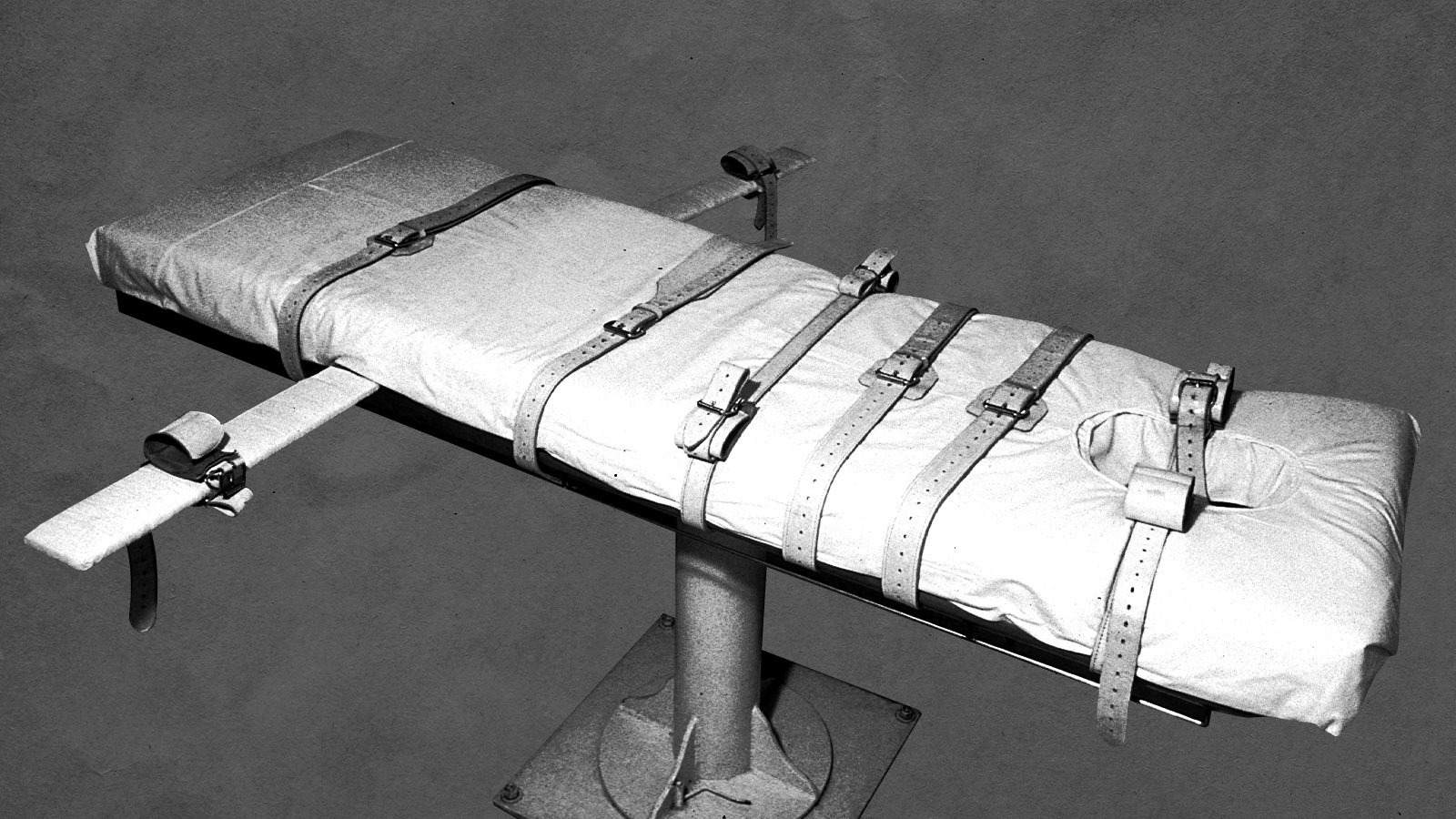 Why is Alabama pausing its executions?
Why is Alabama pausing its executions?Speed Read Many states are struggling to carry out the death penalty
-
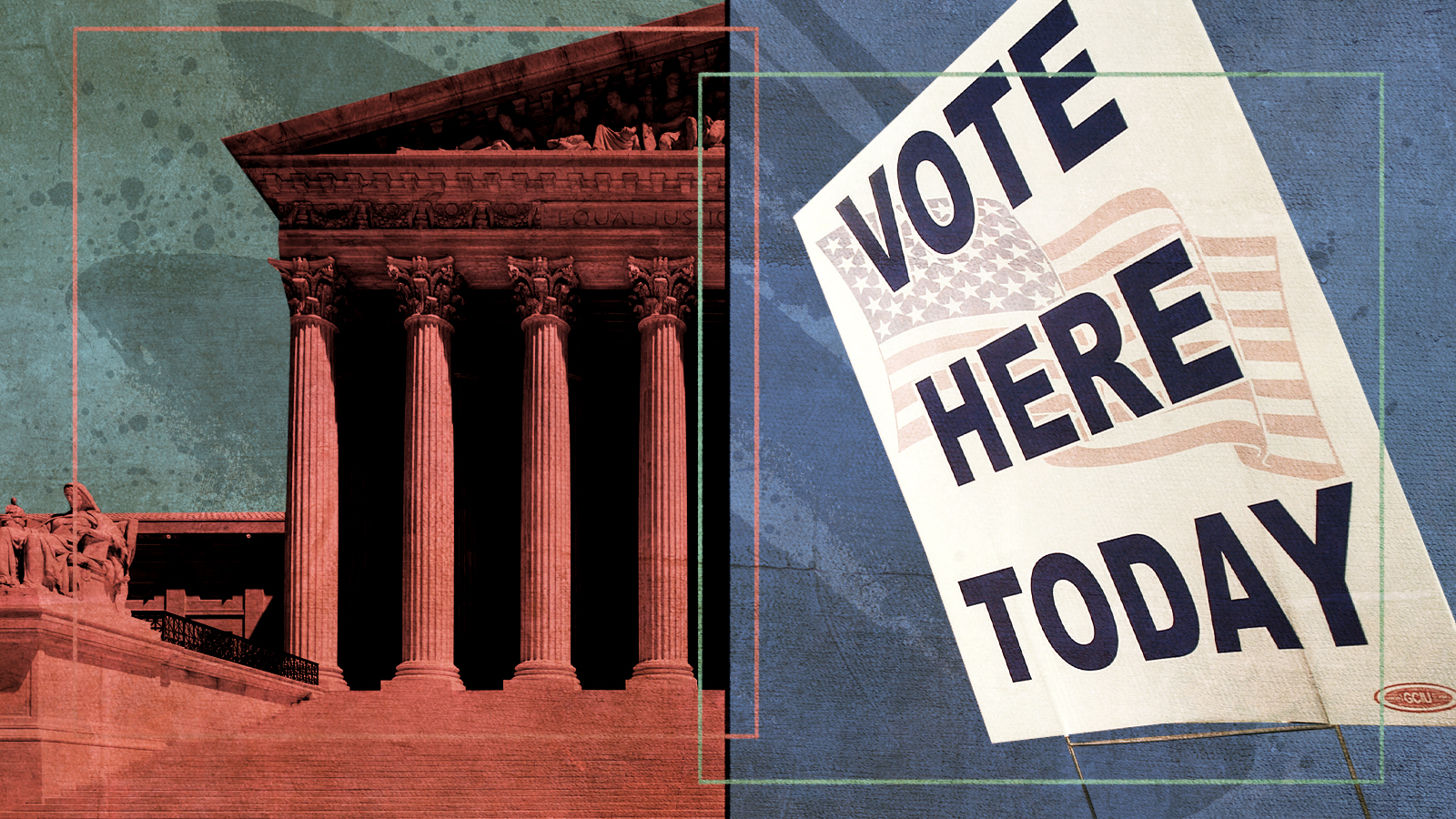 Will abortion decide the 2024 presidential race?
Will abortion decide the 2024 presidential race?Speed Read After Dobbs and the midterm elections, the landscape has shifted
-
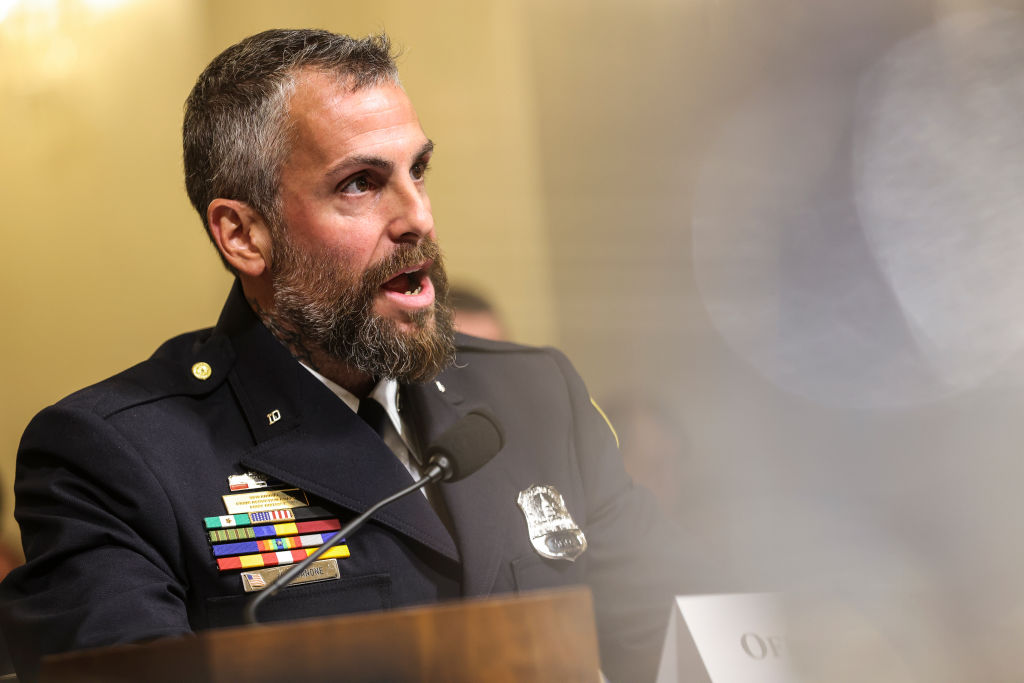 Jan. 6 rioter who dragged D.C. officer Michael Fanone into hostile crowd sentenced to 7.5 years in prison
Jan. 6 rioter who dragged D.C. officer Michael Fanone into hostile crowd sentenced to 7.5 years in prisonSpeed Read
